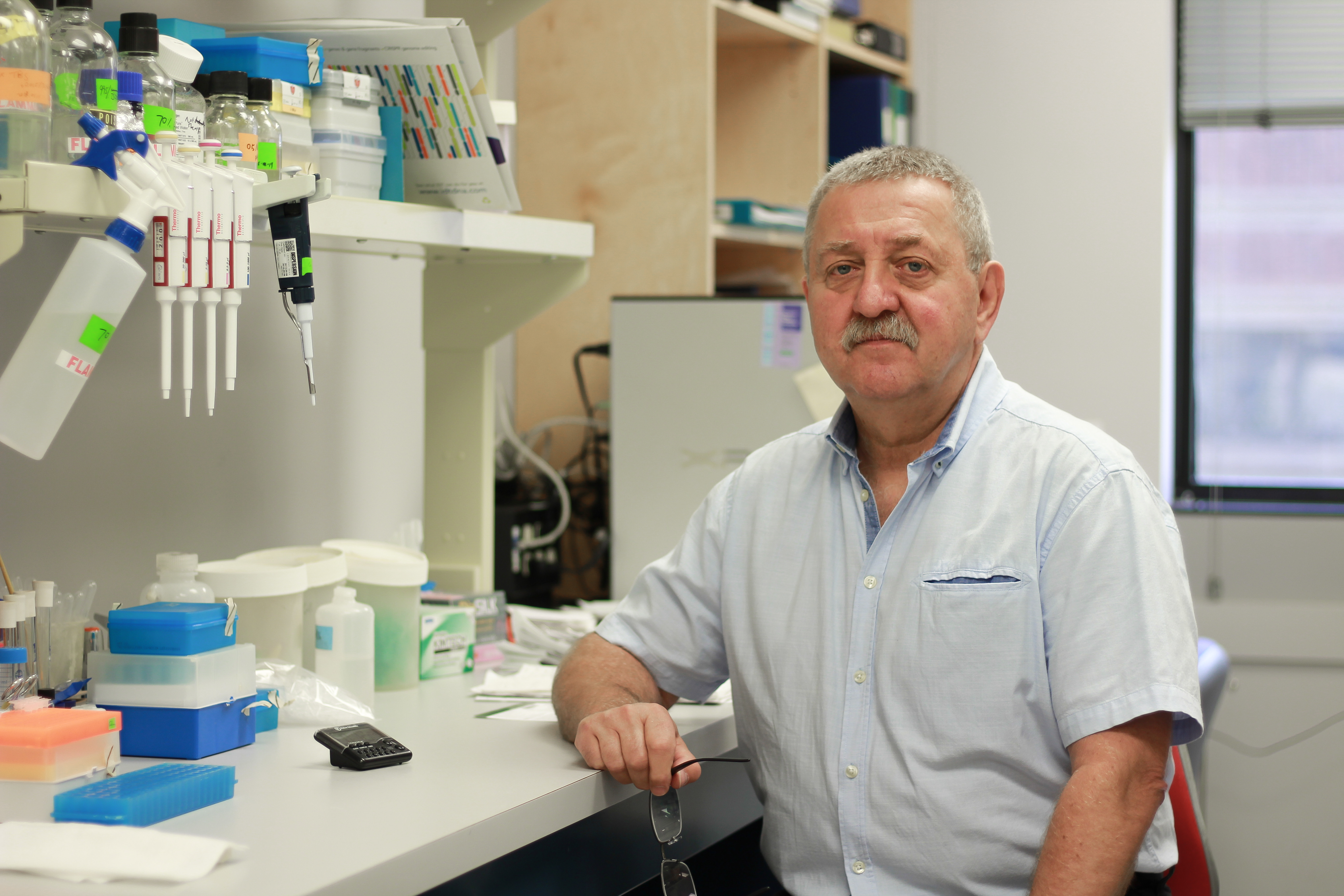
While examining human brain tissues, researchers from the University of Alberta and McGill University unexpectedly found that the tissues from people who had MS-compared with those without MS-contained an extremely high level of a protein named calnexin.
The researchers then tested the susceptibility of mice lacking calnexin to the mouse model of human MS (experimental autoimmune encephalomyelitis) and were astonished to find that the mice lacking the protein were completely resistant to the disease.
Canada has one of the highest rates of MS in the world, with an estimated one in 340 Canadians living with the disease. Symptoms vary widely but often include cognitive impairment, dizziness, tremors and fatigue, caused by T-cells that, after becoming activated, find their way into the brain and attack the protective myelin covering of neurons in the brain and spinal cord, causing inflammation and damage to the central nervous system.
"It turns out that calnexin is somehow involved in controlling the function of the blood-brain barrier," said Marek Michalak, a distinguished professor of biochemistry at the U of A. "When there is too much calnexin, this wall gives angry T-cells access to the brain, where they destroy myelin."
The study was funded by the Canadian Institutes of Health Research.